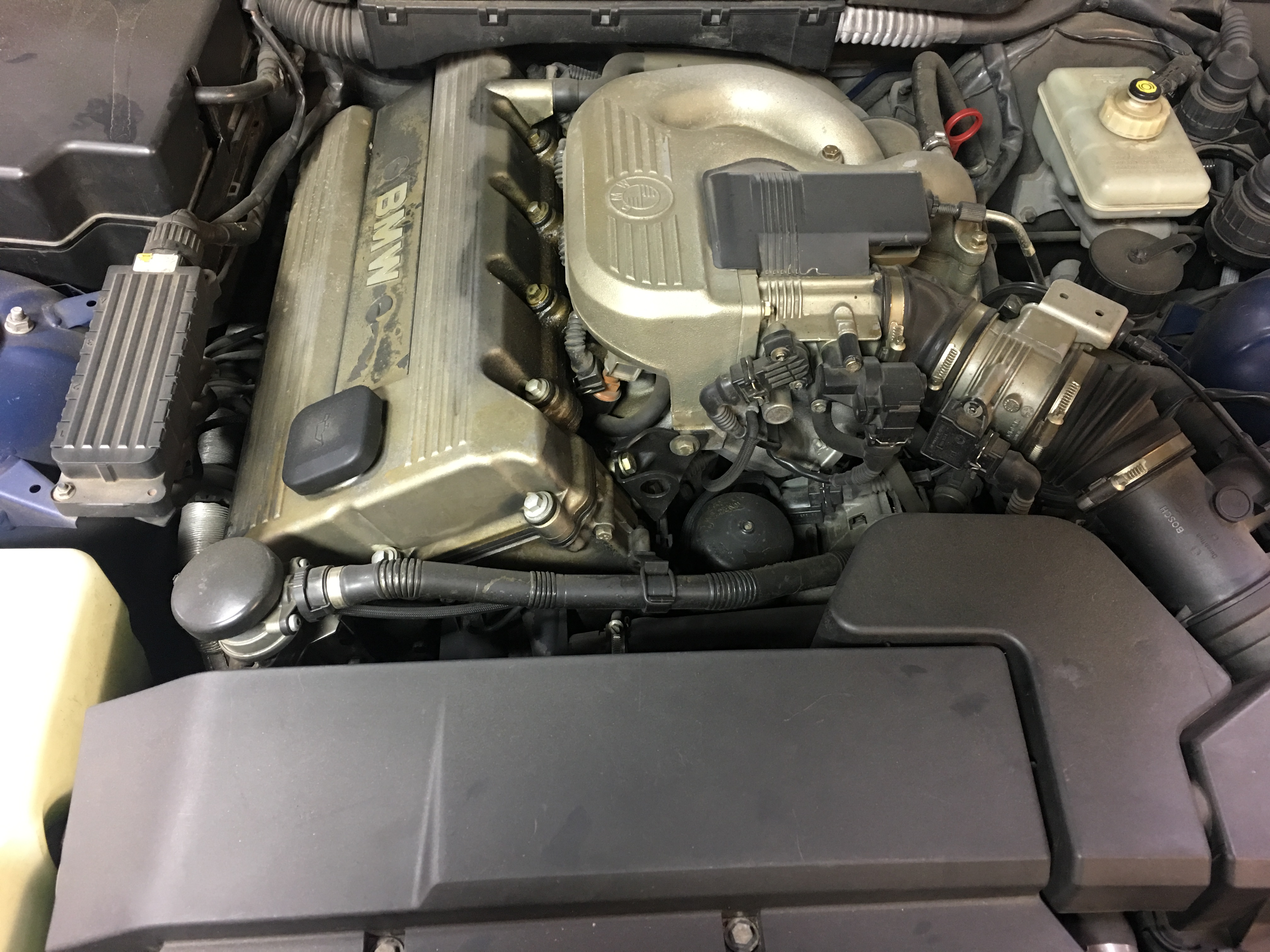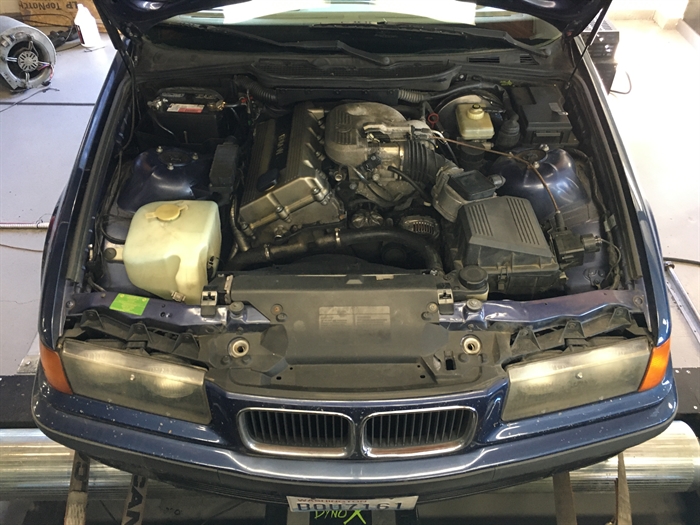The BMW 318ti: A Blend of Style, Comfort, and Efficiency
The BMW 318ti: A Blend of Style, Comfort, and Efficiency
Blog Article
Vital Considerations for Choosing the Ideal Engine for Your Needs
In the world of selecting the ideal engine to fulfill your demands, several critical elements need careful factor to consider to make sure optimal efficiency and efficiency. From the nuanced equilibrium in between power and performance to the often-overlooked facets of maintenance and solution requirements, each element plays a critical duty in identifying one of the most suitable engine for your particular demands. As the complexity of engine modern technologies remains to advance, discerning one of the most suitable option requires a deep understanding of the interaction in between numerous considerations. By checking out the complex internet of elements that underpin this decision-making process, a more clear path arises towards selecting an engine that not only satisfies yet exceeds your expectations.
Power and Performance
When reviewing engines for optimum performance, it is vital to prioritize both power result and effectiveness. Performance refers to how well the engine converts gas into usable energy. By meticulously assessing both power and performance, you can pick an engine that supplies optimal efficiency and fulfills your requirements effectively.
Fuel Performance and Economy
Fuel efficiency refers to the engine's ability to transform fuel into energy with minimal waste, directly impacting operating costs and environmental sustainability. Engines with higher fuel efficiency not just lower gas costs but additionally lower carbon emissions, contributing to a greener procedure.

Compatibility and Application
Thinking about the gas effectiveness and economy of an engine, the following essential aspect to address is its compatibility and application within details operational contexts. Compatibility describes how well the engine incorporates with the overall system or tools it powers. It involves variables such as physical dimensions, placing choices, electrical interfaces, and control systems. Guaranteeing compatibility is vital to avoid concerns such as overheating, resonances, or power discrepancies (bmw 318ti).
Different engines are developed for certain functions, whether it be commercial machinery, marine vessels, vehicles, or power generators. Comprehending the designated application permits for the choice of an engine that can provide the required power output, torque, and functional characteristics.
Upkeep and Solution Demands
Maintenance and solution requirements play a critical role in making certain the long life and optimal performance of an engine. Routine upkeep is necessary to stop failures, extend the lifespan of the engine, and preserve its performance. When choosing an engine, it is essential to think about the supplier's advised maintenance schedule and the availability of service facilities or certified professionals.
Factors such as the frequency of oil changes, filter replacements, and overall evaluations can dramatically impact the engine's performance. Some engines might call for even more constant maintenance based upon their layout and use, while others may have longer periods in between upkeep checks. It is essential to abide by these solution needs to prevent costly repair services and unanticipated downtime.

Cost and Spending Plan Considerations
Budget constraints frequently play a significant duty in the decision-making procedure when choosing an engine for a particular application. When taking into consideration the expense and spending plan ramifications of picking an engine, it is necessary to assess not just the initial acquisition cost but additionally the long-term expenditures related to upkeep, gas usage, and possible upgrades or repair work. It is crucial to strike a balance in between the upfront expense of the engine and its total lifecycle costs to make sure that the picked engine remains monetarily sustainable throughout its functional life-span.
Factors my blog such as gas resilience, dependability, and performance can straight influence the complete cost of ownership of an engine. While a much more Read Full Report pricey engine might have greater ahead of time costs, it could potentially result in lower maintenance and fuel costs gradually, therefore offering better value over time. Furthermore, taking into consideration the availability and price of extra components, in addition to the ease of upkeep and solution, can assist stop unforeseen financial strain in the future. By very carefully evaluating these cost and budget plan factors to consider, you can make an educated decision that straightens with your operational needs and monetary restrictions.
Final Thought

Fuel effectiveness refers to the engine's capability to transform fuel into energy with minimal waste, straight affecting operating costs and environmental sustainability.Elements affecting fuel performance include engine style, burning efficiency, and general efficiency optimization. In addition, selecting the proper fuel kind and grade as advised by the engine supplier can additionally improve performance and lengthen engine lifespan.
Engines with good service features and conveniently offered parts can reduce maintenance costs and reduce the time the engine is out of procedure - bmw 318ti. It is vital to strike a balance in between the ahead of time cost of the engine and its overall lifecycle more tips here prices to ensure that the selected engine remains financially lasting throughout its operational lifespan
Report this page